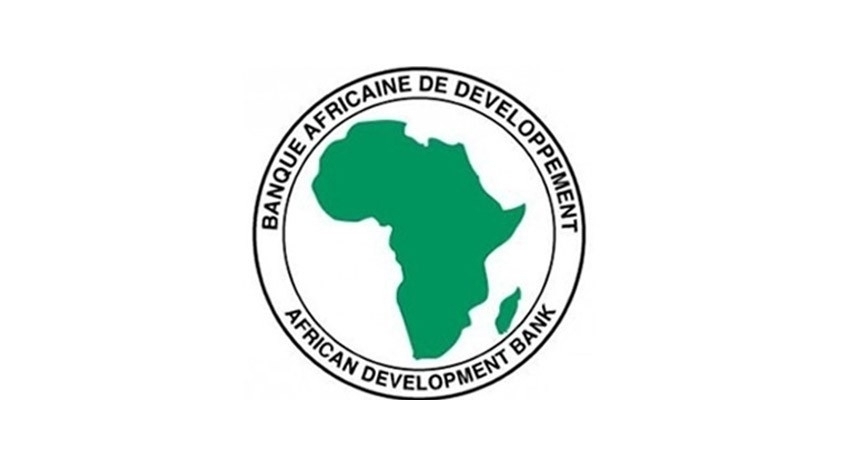AfDB applauds China’s commitment towards improving Africa’s industrialisation
In an attempt to attract investment through partnerships in the development of SAPZs across Africa, the AfDB in Nigeria met a private sector consortium from China.

August 16, 2019: In an attempt to attract investment through partnerships in the development of SAPZs (special agro-industrial processing zones) across Africa, the African Development Bank (AfDB) in Nigeria met a private sector consortium from China.
Discussions centered on Chinese direct investments and partnerships with Nigerian agribusinesses as well as ventures with Nigerian state governments and agribusinesses in the development of agro-Industrial parks.
“Nigeria has the potential to become the food basket of the world, but this depends on our ability to deploy the right technology. Our partnership with you allows us to harness the knowledge and skills to realise this potential. We work with the African Development Bank at the highest levels to ensure that investors face no constraints in doing business,” Nigeria’s vice-president Yemi Osinbajo said.
The Bank is committed to developing SAPZs quickly in line with its Feed Africa Strategy – which aims to turn the massive natural endowment of the sector into competitive advantages that create wealth and sustainable agribusiness jobs for African youth. The strategy will also guarantee food security and inclusive growth by involving more women and youth and promoting improved resilience to climate variability and shocks.
SAPZs aims to radically transform Africa’s agriculture into a business-oriented and commercially viable sector that guarantees food self-sufficiency and puts an end to food insecurity, malnutrition, and other related challenges.
Ebrima Faal, AfDB’s Nigeria country director, extolled China’s commitment to the development of the African continent since joining the bank in 1985.
“China has supported the concessional funding base of this institution over many years and is a major contributor to ADF-14. During the China Africa Cooperation summit in 2015, it pledged a $60 billion package to implement a 10-point cooperation plan with Africa. China also established the Africa Growing Together Fund, which became operational in November 2014 with $2 billion for 10 years alongside the bank’s own resources to finance eligible projects in Africa,” Faal added.


